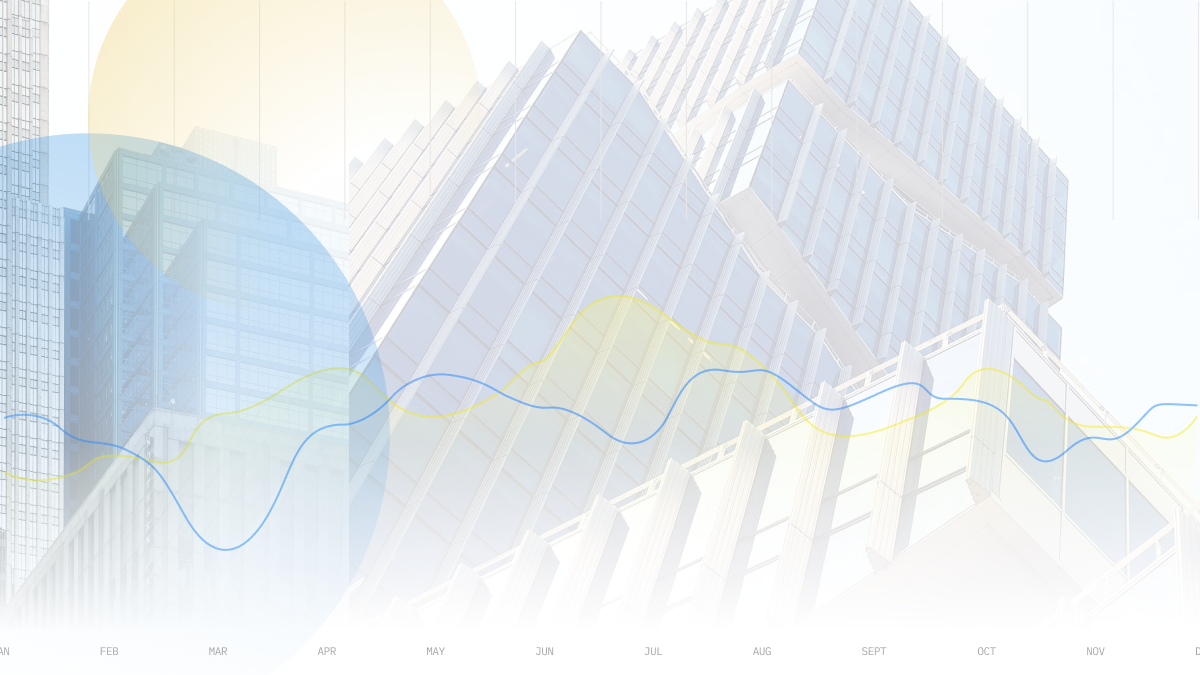




Philippines Trade Update: Imports weaken on tepid demand
 DOWNLOAD
DOWNLOAD

Policy Rate Updates: BSP outlook — cloudy with a chance of rate cut
 DOWNLOAD
DOWNLOAD

January Economic Update: Growth slows, prices rise
 DOWNLOAD
DOWNLOAD



Asian equities see large outflows for fourth straight month
May 5 (Reuters) – Asian equities saw massive foreign capital outflows in April on expectations of a hawkish policy by the US Federal Reserve and concerns over the impact of China’s lockdowns on regional growth.
Overseas investors offloaded Asian equities worth USD 14.22 billion in their fourth straight month of net selling, Refinitiv data for stock exchanges in Taiwan, India, South Korea, the Philippines, Vietnam, Indonesia and Thailand showed.
The region’s combined net foreign selling during January to April stood at USD 45.76 billion, the most in the first four months since at least 2008.
Analysts said a rise in expectations for aggressive monetary policy tightening in the United States, and lockdowns in China, impacting regional businesses, kept investors on the sidelines in April.
“Rate-sensitive growth stocks are seeing greater pressure from the discounting of future earnings, which may translate to wider outflows in Taiwan and South Korea,” said Jun Rong Yeap, a market strategist at IG.
Taiwanese, South Korean and Indian equities saw foreign outflows of USD 8.86 billion, USD 4.97 billion and USD 2.24 billion, respectively.
Rising inflation also remained a key investor concern in South Korea and India, Alicia Garcia Herrero, chief Asia Pacific economist at Natixis said.
South Korea’s consumer inflation hit a more than 13-year high in April. Meanwhile, the Reserve Bank of India raised its key lending rate by 40 basis points this week, to tame surging retail prices.
However, Indonesian, Thai and Vietnamese equities witnessed foreign inflows of USD 1.57 billion, USD 289 million and USD 175 million respectively in April.
“Southeast Asia markets are gaining traction as the region offers best growth potential,” said Suresh Tantia, senior investment strategist at Credit Suisse.
“In fact, the region is expected to deliver superior earnings growth than its North Asian peers as it benefits from post-pandemic recovery, higher commodity prices and still accommodative central banks.”
(Reporting by Gaurav Dogra in Bengaluru; Editing by Vinay Dwivedi)
This article originally appeared on reuters.com





 By Reuters
By Reuters